
Dishwasher tablets are a household staple, making cleanup after dinner quick and convenient. However, with growing concern over chemical exposure in everyday products, you might be wondering: are dishwasher tablets toxic?
The good news is that when used correctly, dishwasher tablets are rarely harmful. However, many commercial cleaners still contain harsh chemicals that can damage the environment and potentially impact your health over time. So if you're exploring items you can substitute for dishwasher tablets, these non-toxic alternatives might be what you're looking for.
Here, professional cleaners explain why you don’t need cleaning chemicals to keep your dishes clean – and what safer non-toxic home essentials you can use instead.
Are dishwasher tablets toxic?
Despite one 2023 study suggesting that dishwasher tablets are harmful to gut health, ingredient safety specialists at Michigan State University have debunked the claim.
They pointed out that the original study kept the dishwasher tablets highly concentrated, whereas, during an average dishwasher cycle, the tablets are significantly diluted during the actual dishwashing process.
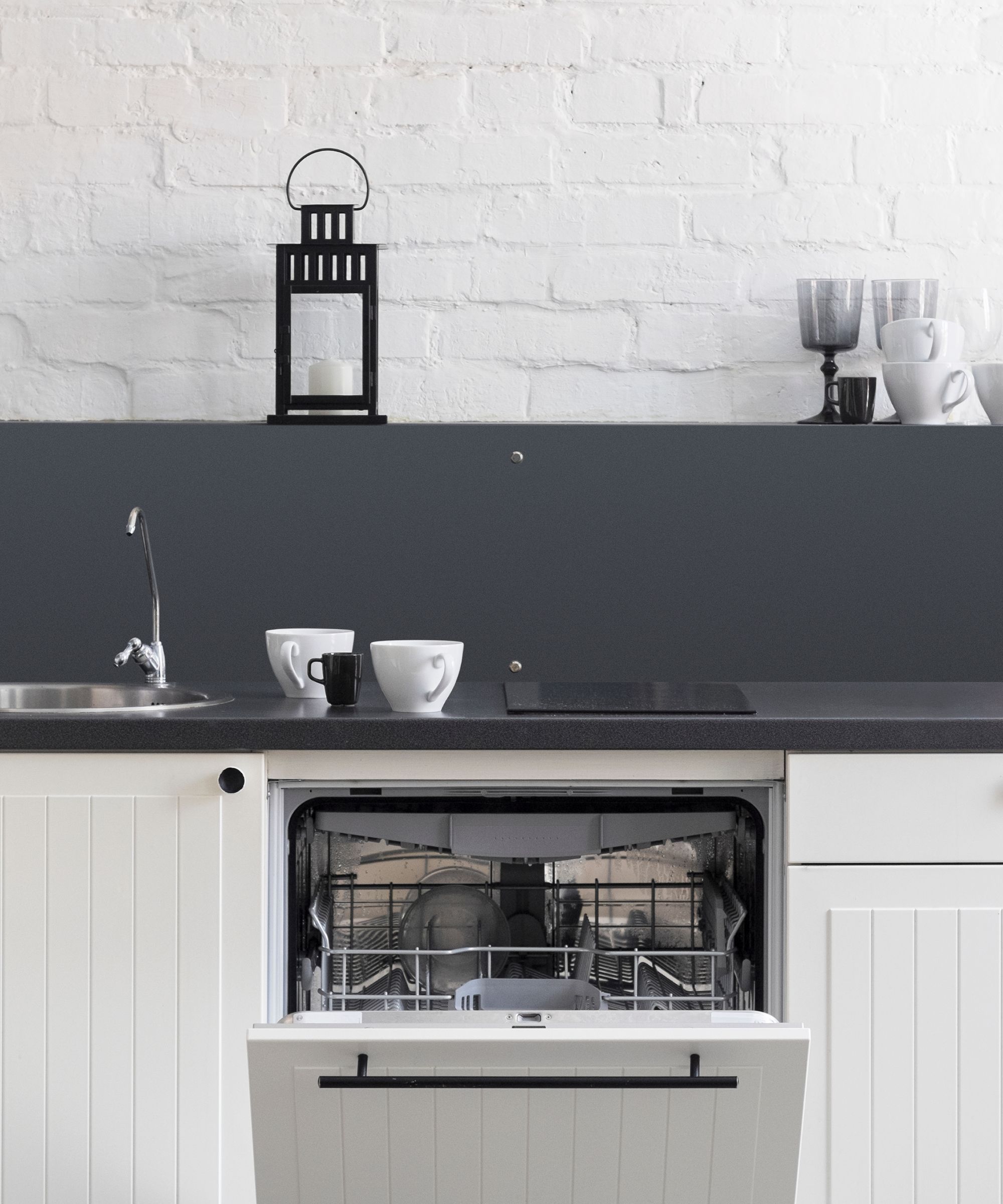
That being said, dishwasher tablets still contain some common cleaning product ingredients to avoid.
Cleaning expert Bryan Griffin, founder of Patriot Maids Cleaning Services says, 'When used as directed, the risk is generally low, but it's the continuous exposure to residues on our dishes that could pose long-term health risks.
'Some harsh cleaning chemicals and ingredients I watch out for are:
- Phosphates help clean but are tough on the environment, contributing to algae growth in water bodies.
- Chlorine does a great job bleaching and disinfecting but can be harsh on your skin and lungs if you're exposed to large amounts.
- Fragrances and Dyes might make your kitchen smell nice but can trigger allergies and have links to other health issues.'
Cleaning professional and founder of AspenClean, Alicia Sokolowski adds, 'While dishwasher tablets are designed to clean effectively, they may leave behind residues that could pose health risks with long-term exposure. Additionally, these ingredients can have harmful environmental effects, polluting waterways and impacting aquatic life. Choosing natural alternatives is always the safest bet to reduce exposure to unnecessary chemicals.'
Eco alternatives to dishwasher tablets

If you are concerned about long-term exposure to chemicals, consider opting for eco-certified alternatives when choosing cleaning products. Products with the EWG or EPA safer-choice stamps are safe bets when trying to clean your home without harming the planet or your health.
Alica recommends, 'opting for natural, non-toxic dishwasher detergents like AspenClean Dishwasher Pods, available at Amazon. They are free from phosphates, chlorine, synthetic fragrances, SLS, and SLES, making them a safer choice for both your family and the environment. These pods use natural ingredients like oxygen bleach and enzymes to deliver a deep clean without leaving behind harmful residues. Plus, they come in zero-plastic, 100% recycled paper packaging, reducing environmental impact.'
Bryan Griffin adds, 'There are other eco-friendly brands like Ecover or Seventh Generation that focus on using safer ingredients.'
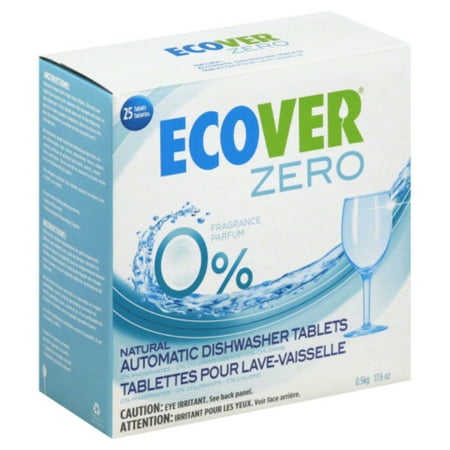
These plant-based dishwasher tablets don't compromise on cleanliness, powering away stuck on food without the need for harsh chemicals.

Seventh Generation Free & Clear Dishwasher Detergent Packs have an enzyme-rich formula that cuts through tough grease and food residue without fragrances, dyes, phosphates, or chlorine.
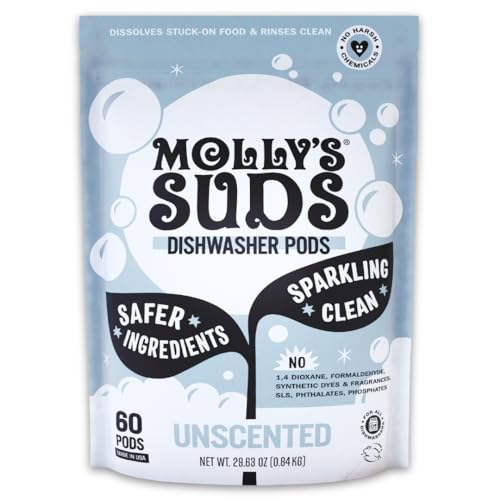
This low-sudsing formula contains active enzymes to dissolve food, grease & grime without the need for harsh chemicals or rinse aids. They are also effective in both hard and soft water.
Alternatively, you can hand wash dishes using an eco-friendly dish soap, such as Seventh Generation Free & Clear Dish Soap from Walmart, or you can make your own DIY cleaning solutions to use in your best dishwasher.
For a natural way to fight grease and grime, Byran suggests, 'Mix washing soda, baking soda, citric acid, and kosher salt.' Sprinkle the mix on the base of your dishwasher before running the cycle as normal.
Cleaning with baking soda is also a great way to clean a dishwasher, ensuring sparkling results every cycle. We explore more tips for how to clean a dishwasher in our dedicated feature.
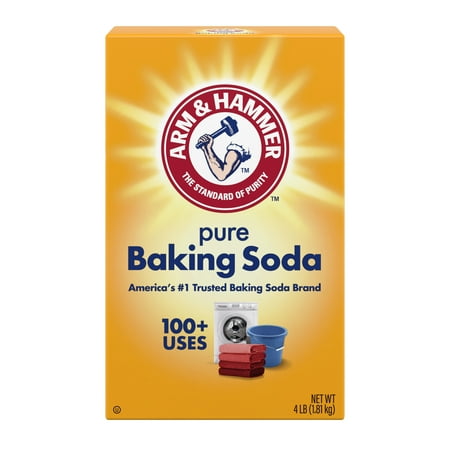
Baking soda is a natural abrasive that helps break down tough deposits without scratching delicate surfaces such as metal and glass. Mixed into a paste with water or use with vinegar for fizzy cleaning. It's safe for use in most areas of your home.
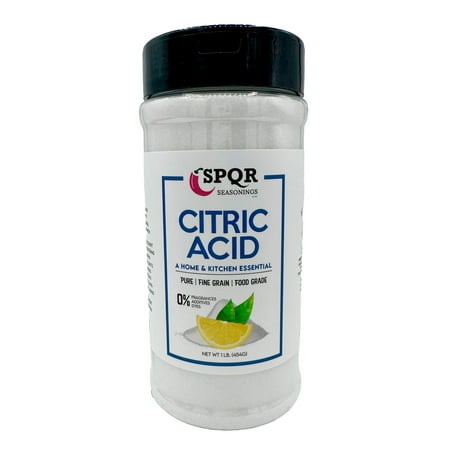
Citric acid powder is often used in cleaning products as a chelating agent, which helps to remove hard water stains, soap scum, and rust from surfaces.
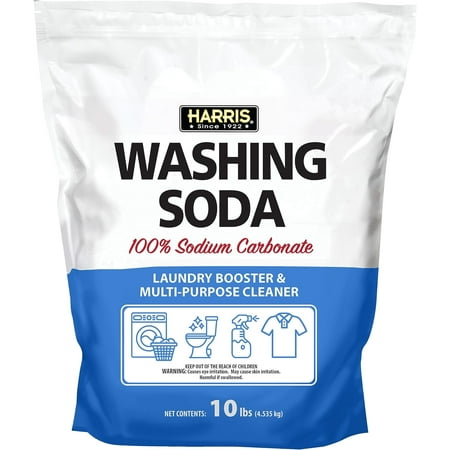
This washing soda is perfect for cleaning all sorts of surfaces ad appliances around your home, from washing machines and dishwashers, to mirrors and counters. It is also a great laundry additive.
It's not just dishwasher tablets you need to worry about when limiting toxins. Several items should never go in the dishwasher, as the heat can damage them and cause them to release toxins – we explore further in our what can you not put in a dishwasher guide.
Similarly, check the things that should go in the top rack of your dishwasher to protect your kitchenware and your appliance.







